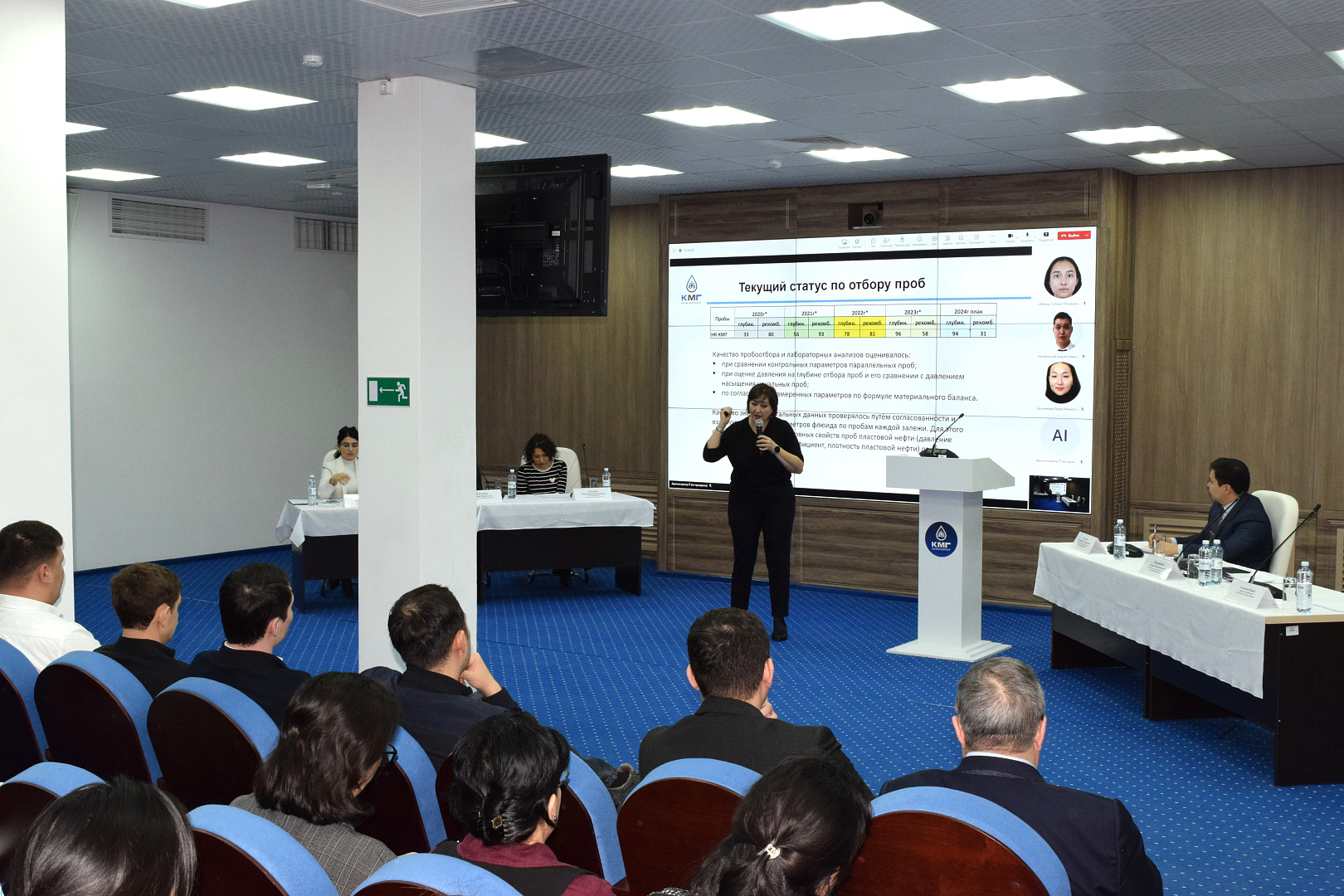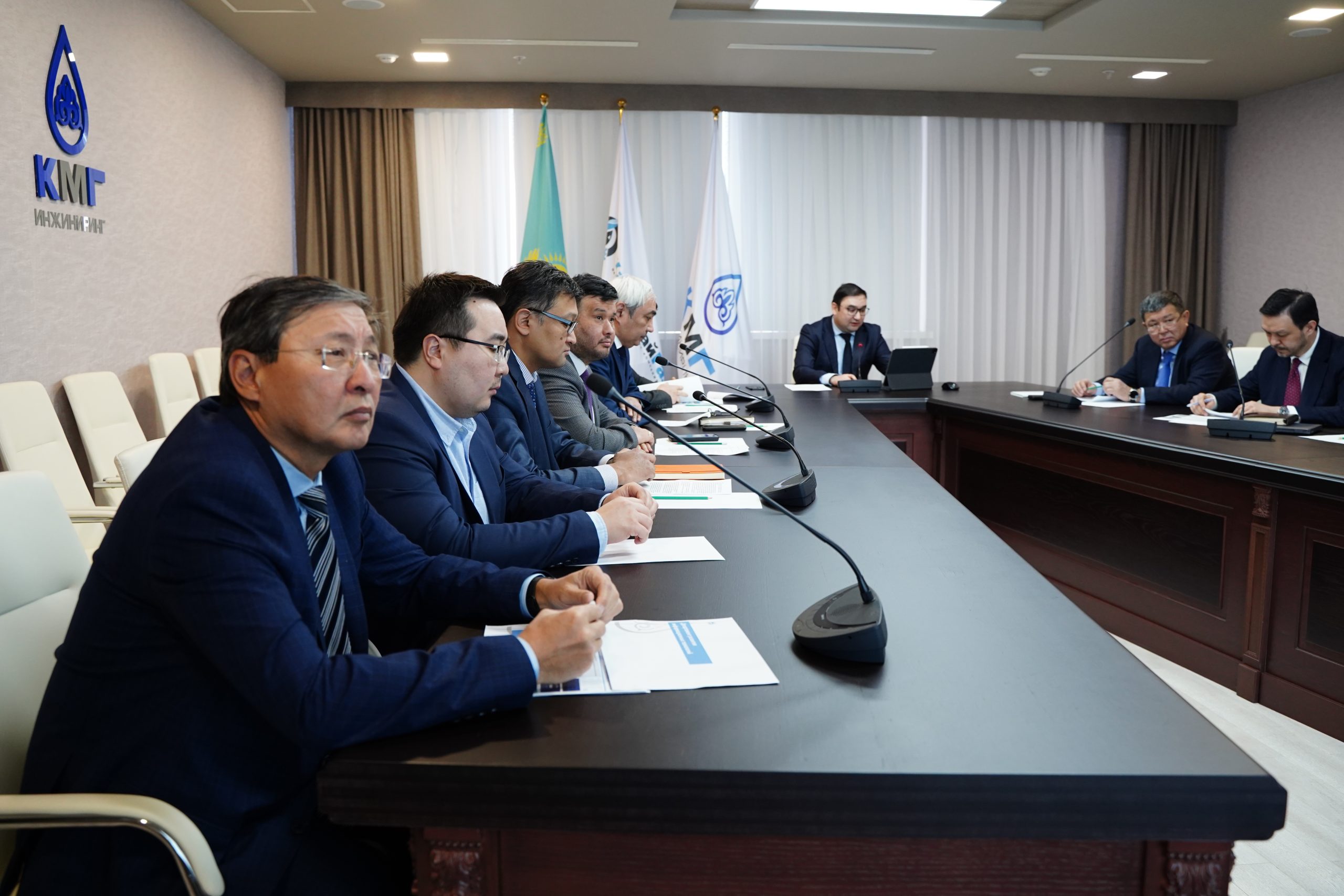State policy in the sphere of religions
- 23.09.2022
- News-Eng
- Comments Off on State policy in the sphere of religions
- sdauren
An online seminar on this topic for employees of the Head Office of KMG Engineering was held in Astana with the participation of the head of the outreach department of the capital’s Center for the Study of Religions Almas Yernazarov and theologian-Islamist Arman Nurakhmetuly.
During the meeting with the representatives of the company’s team, the speakers explained several topical areas, having informed about the concept and history of the emergence of traditional religion in Kazakhstan, the distinctive features of radical trends in Islam, told how the fight against extremism and terrorism is currently being carried out on the Internet, and also shared characteristic of religious practice.
– In Kazakhstan, according to the current legislation, the traditional religions include Islam and Christianity. If we consider this issue in more detail, then in Christianity the Orthodox Church belongs to this direction, and in Islam it is the Sunni sense in the Hanafi madhhab, which is followed by the majority of Kazakhstanis, the theologian noted in his speech.
He also informed in more detail about the 4 legal schools (madhhabs) and focused the attention of the seminar participants on the fact that today efforts are being made all over the world to preserve the traditional direction of Islam, which was discussed at the recent VII Congress of the World and traditional religions held in Astana.
Speaking about the work carried out by the state in the fight against the spread and prevention of extremism and terrorism, the speaker mentioned modern technologies and programs that are used to track materials on religious topics distributed on the Internet.
– We are talking about the “Hyper-Surveillance” and “Analytical Internet Map” programs, which identify certain accounts where video, audio and text materials of a destructive religious nature are published. After such channels of information are found in social networks or websites, warning SMS messages are sent to the authors or account holders about the need to delete the publication, and in case of refusal, all materials are transferred to the prosecutor’s office for appropriate measures to be taken.
Informing about religious practice, Arman Nurakhmetuly recalled that Kazakhstan, first of all, is a secular state, where citizens, representatives of a particular religion, are prohibited from conducting any sermons and lectures among their entourage and imposing their opinion or religious beliefs on anyone. This right is reserved only for qualified specialists, theologians or imams of mosques.
In this regard, in case of questions of a religious nature, the speaker recommended to contact only official sources of information – the website of the Spiritual Administration of Muslims of Kazakhstan or the Ministry of Information and Social Development of the Republic of Kazakhstan. At the same time, the theologian urged not to experience negative emotions or fear in relation to religious practitioners, ending his speech with the wishes of peace, goodness and harmony. As a result of the meeting, KMG employees had the opportunity to address the speaker with a number of questions, showing high activity and interest in the presented topic of the speech.





